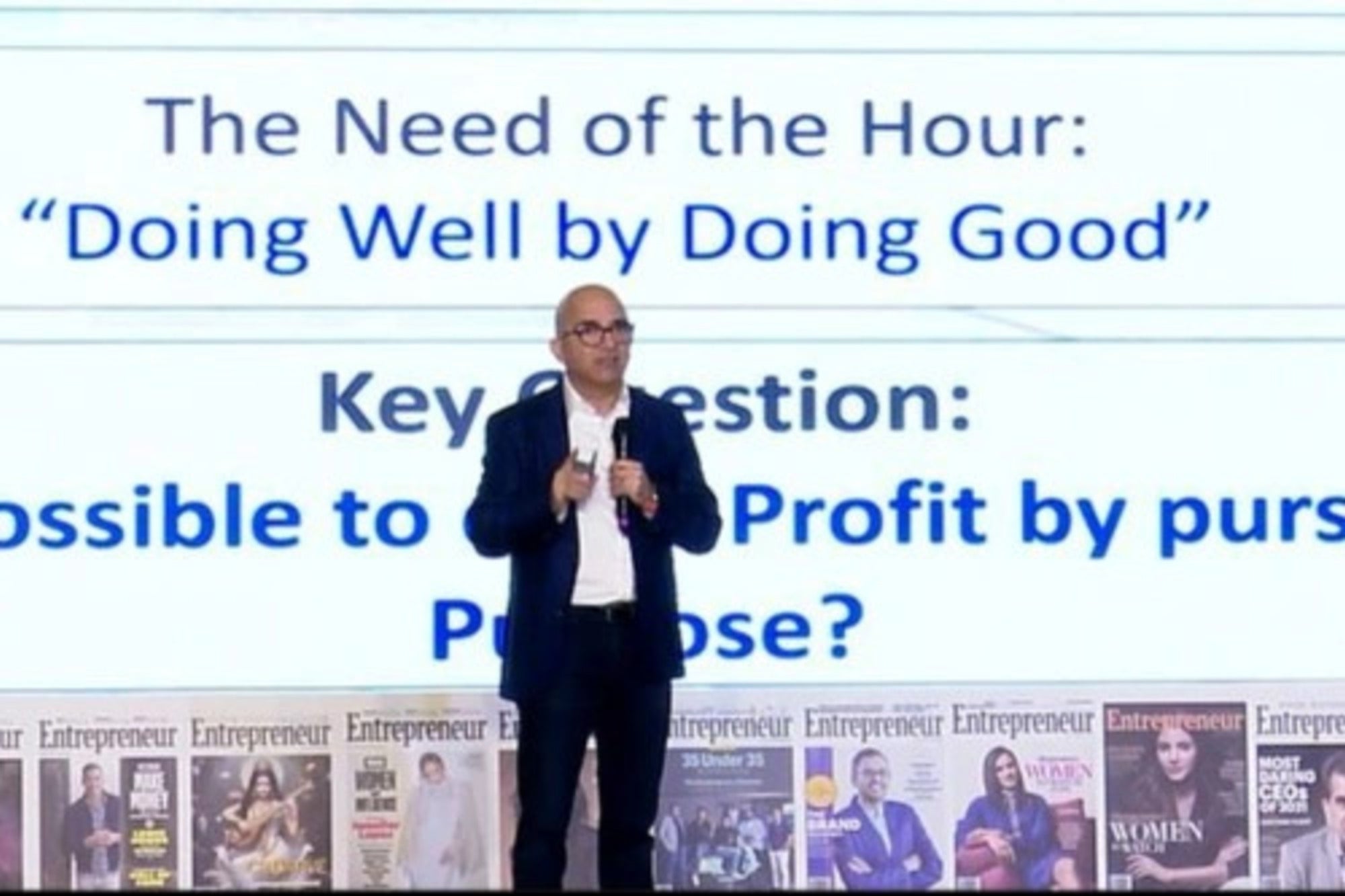Why Customers and Employees Should be Top Priority of Company Directors Internal culture and conduct, employee satisfaction and customer satisfaction are all key to a successful company
By Pooja Singh
Opinions expressed by Entrepreneur contributors are their own.
You're reading Entrepreneur Asia Pacific, an international franchise of Entrepreneur Media.

After years of perhaps paying lip-service to the idea of the customer being king, organizations are now truly putting the customer at the centre of their thinking—and employees as well.
A survey of 600 members of the Australian Institute of Company Directors (AICD), which covered listed, private, not-for-profit and public sector and was carried out in December last year, by global consulting company KPMG shows that directors give top priority to customers and employees, ahead of other stakeholders or issues.
What Really Matters
In the survey, in terms of prioritizing stakeholders, customers and employees rated eight out of nine in terms of significance to the relevance and viability of the business. Investors, government and the local community were behind on 6/9.
On identifying the critical issues affecting the organization, customer satisfaction came top with 8/9 followed by employee satisfaction and internal culture/conduct, rather than financial outcomes. Next, on 7/9, came public trust, demonstrating social values/contribution to society, innovation and disruption, financial responsibility/sustainability, and cost competitiveness, the survey says.
Delivering Value
Thirty per cent of directors surveyed rated customer satisfaction as a key metric for measuring the organization's ability to deliver value. Following this were values (effective leadership and workforce alignment to company values) at 18 per cent and employee engagement and innovation at 17 per cent.
The top three responses on issues crucial to maintaining corporate reputation were: customer satisfaction, employee behaviour/conduct, and governance and accountability (8/9). Satisfying investors was behind on 6/9.
The most common mark for "my board has access to sufficient tools and information to challenge management on key issues and does so effectively" was 7/9. Second most common was 6/9 and 8/9, while 30 per cent said 5/9 or lower.
When directors were asked if they felt confident their organizations were able to handle simultaneously dealing with and possibly mitigating past mistakes while also focusing on plans for future growth and investment, the most common response was 7/9, followed by 8/9 and 9/9, with a sizeable number that was less confident.
The survey showed that the younger directors (those aged 18-34) were much more passionate about the potential impact of cybersecurity, innovation and disruption, digital transformation, cost competitiveness and the workforce of the future.
Communicating and engaging with stakeholders openly, meanwhile, was rated the key answer to building stakeholder engagement. Transparency of business practices and decision-making and maintaining social license to operate were the next most highly rated.
Angus Armour, managing director and chief executive officer of AICD, says, "It shows that directors and their organizations are looking to create value while balancing different stakeholder priorities. They should be asking key questions including how can my board take into account the varying needs of both short term and long term shareholders."
"Seeing company culture feature as a priority for directors in this survey, alongside recognition of employees as a priority stakeholder group, is telling. Boards should consider how they can communicate a clear sense of purpose that engages employees through alignment to their personal values. The broader community and customers are also increasingly looking to business to demonstrate a sense of purpose and values," adds Armour.
According to KPMG chair Alison Kitchen, the most "heavily weighted" theme of the survey was people, conduct and culture. "Internal culture and conduct, employee satisfaction and customer satisfaction are all key," says Kitchen.













